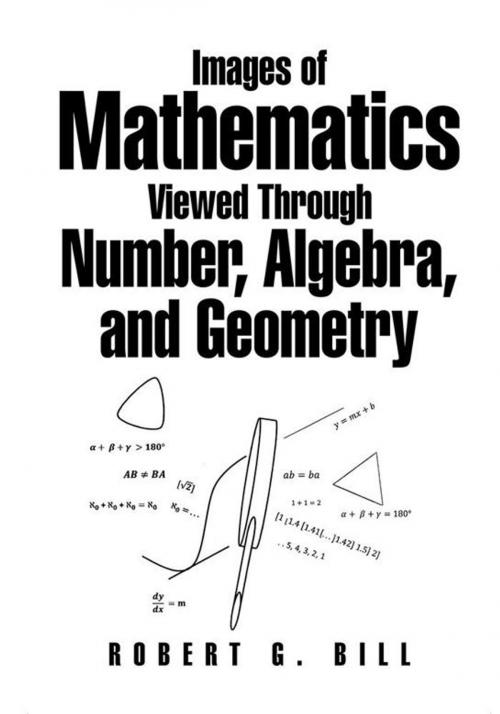Images of Mathematics Viewed Through Number, Algebra, and Geometry
Nonfiction, Reference & Language, Education & Teaching, Teaching, Teaching Methods| Author: | Robert G. Bill | ISBN: | 9781493198306 |
| Publisher: | Xlibris US | Publication: | July 31, 2014 |
| Imprint: | Xlibris US | Language: | English |
| Author: | Robert G. Bill |
| ISBN: | 9781493198306 |
| Publisher: | Xlibris US |
| Publication: | July 31, 2014 |
| Imprint: | Xlibris US |
| Language: | English |
Mathematics is often seen only as a tool for science, engineering, and other quantitative disciplines. Lost in the focus on the tools are the intricate interconnecting patterns of logic and ingenious methods of representation discovered over millennia which form the broader themes of the subject. This book, building from the basics of numbers, algebra, and geometry provides sufficient background to make these themes accessible to those not specializing in mathematics. The various topics are also covered within the historical context of their development and include such great innovators as Euclid, Descartes, Newton, Cauchy, Gauss, Lobachevsky, Riemann, Cantor, and Gdel, whose contributions would shape the directions that mathematics would take. The detailed explanations of all subject matter along with extensive references are provided with the goal of allowing readers an entre to a lifetime of the unique pleasures of mathematics. Topics include the axiomatic development of number systems and their algebraic rules, the role of infinity in the real and transfinite numbers, logic, and the axiomatic path from traditional to nonEuclidean geometries. The themes of algebra and geometry are then brought together through the concepts of analytic geometry and functions. With this background, more advanced topics are introduced: sequences, vectors, tensors, matrices, calculus, set theory, and topology. Drawing the common themes of this book together, the final chapter discusses the struggle over the meaning of mathematics in the twentieth century and provides a meditation on its success.
Mathematics is often seen only as a tool for science, engineering, and other quantitative disciplines. Lost in the focus on the tools are the intricate interconnecting patterns of logic and ingenious methods of representation discovered over millennia which form the broader themes of the subject. This book, building from the basics of numbers, algebra, and geometry provides sufficient background to make these themes accessible to those not specializing in mathematics. The various topics are also covered within the historical context of their development and include such great innovators as Euclid, Descartes, Newton, Cauchy, Gauss, Lobachevsky, Riemann, Cantor, and Gdel, whose contributions would shape the directions that mathematics would take. The detailed explanations of all subject matter along with extensive references are provided with the goal of allowing readers an entre to a lifetime of the unique pleasures of mathematics. Topics include the axiomatic development of number systems and their algebraic rules, the role of infinity in the real and transfinite numbers, logic, and the axiomatic path from traditional to nonEuclidean geometries. The themes of algebra and geometry are then brought together through the concepts of analytic geometry and functions. With this background, more advanced topics are introduced: sequences, vectors, tensors, matrices, calculus, set theory, and topology. Drawing the common themes of this book together, the final chapter discusses the struggle over the meaning of mathematics in the twentieth century and provides a meditation on its success.















